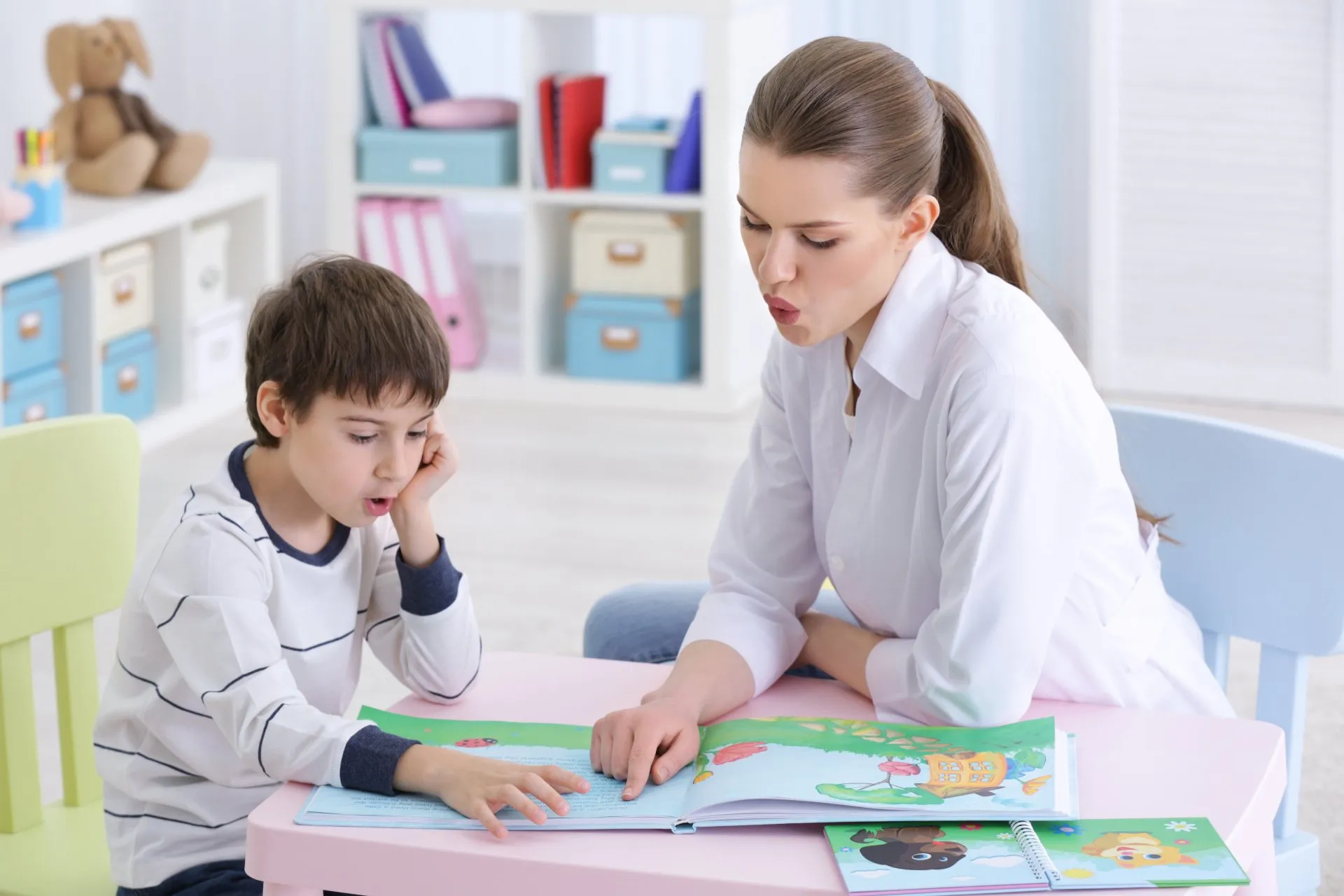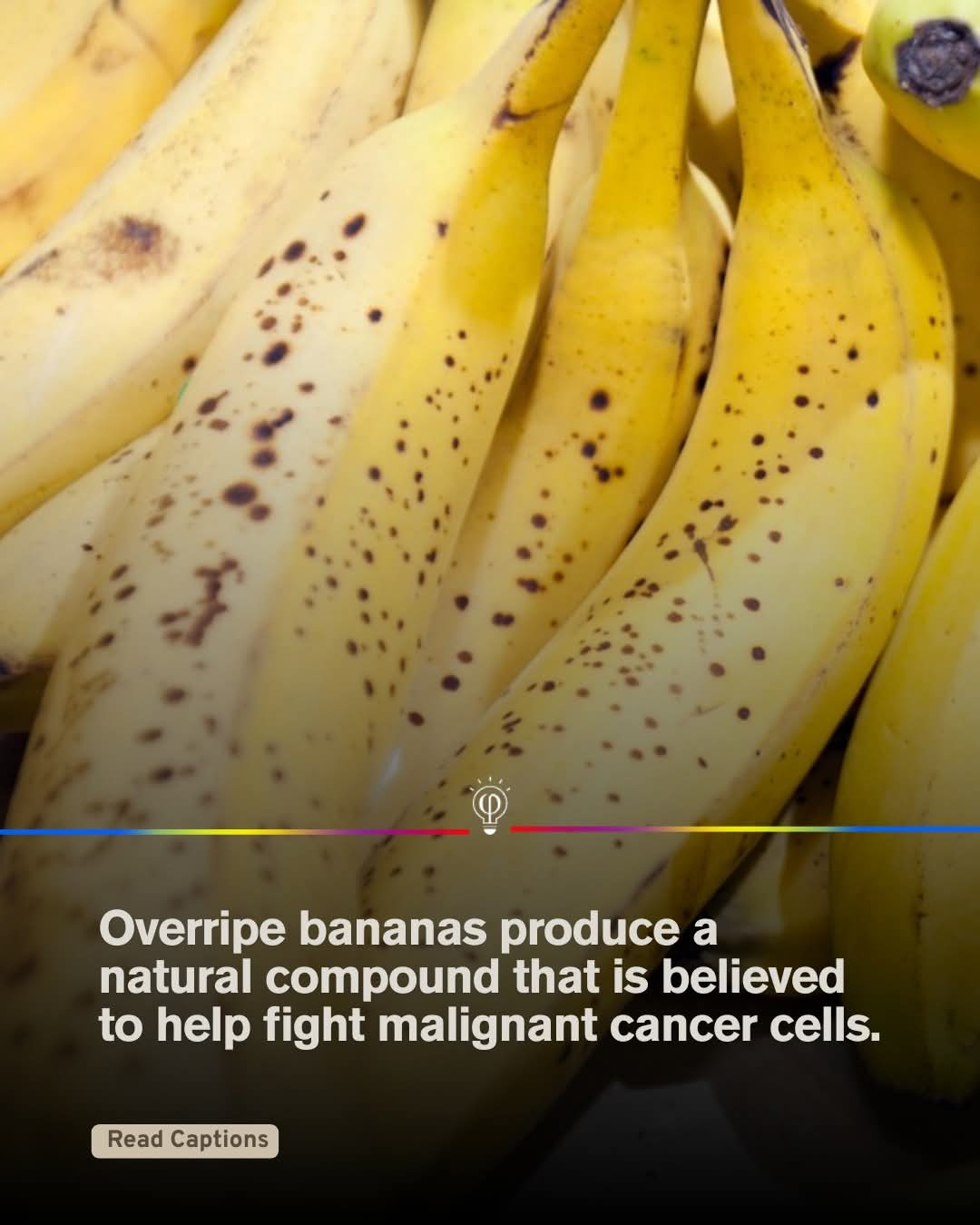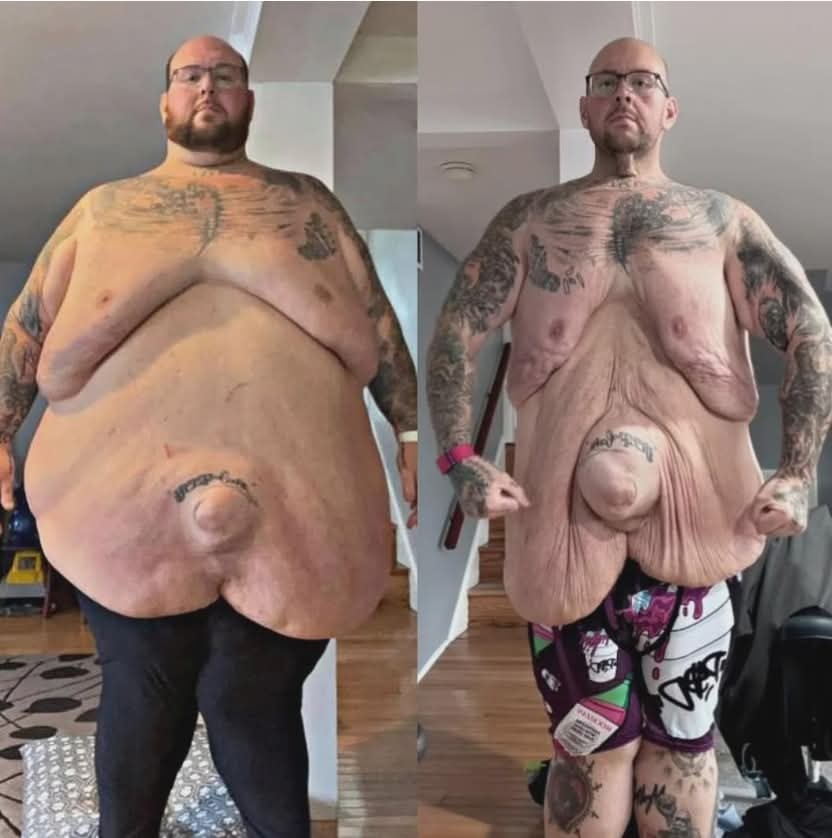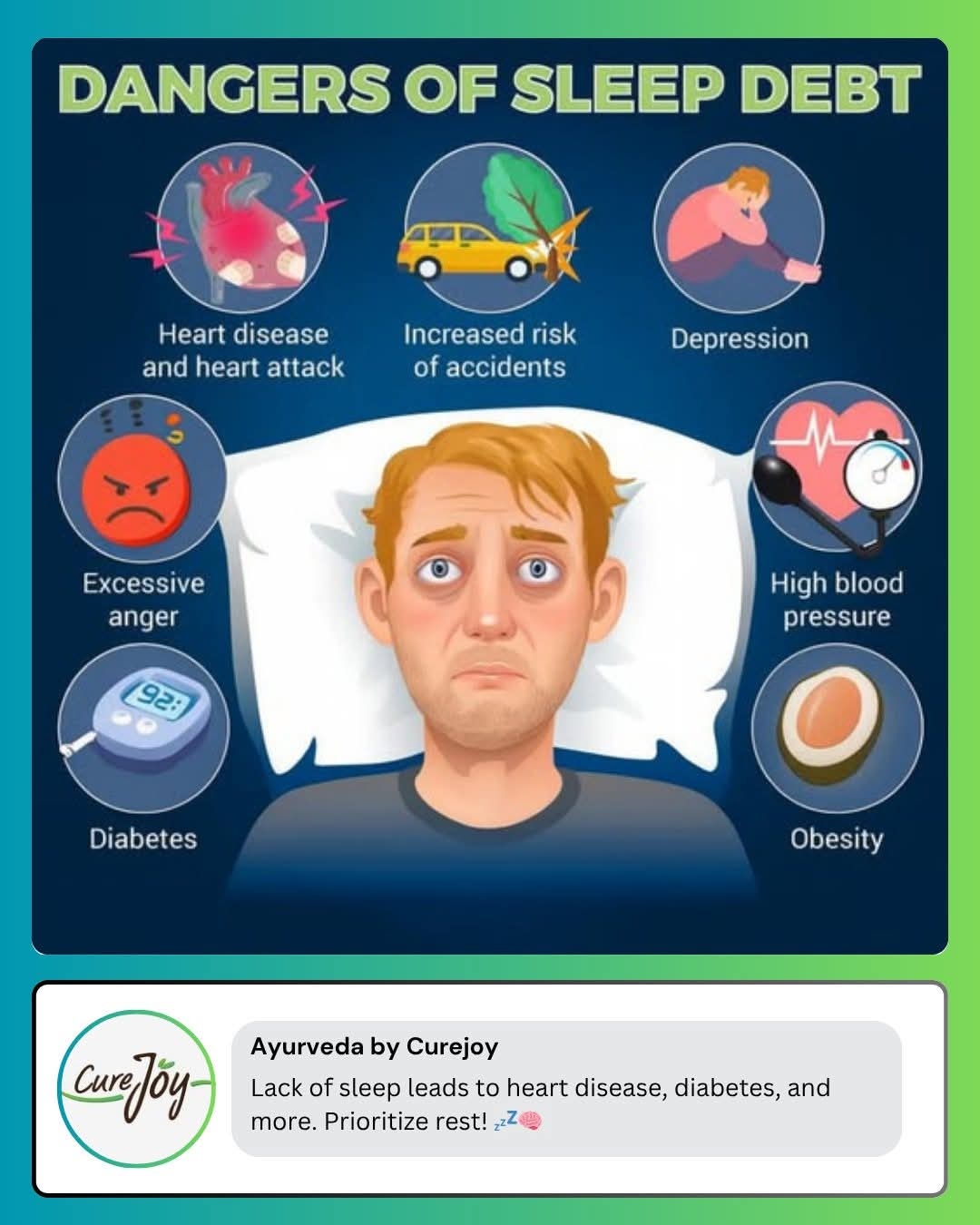![]()
Children with slow learning abilities, also known as slow learners, typically have an IQ between 70-90% and struggle to keep up with their peers academically. The causes of slow learning can vary, but some possible factors include.
- Intellectual functioning: Slow learners may have lower cognitive abilities, which can affect their learning pace and academic performance.
- Learning difficulties: Specific learning challenges, such as dyslexia or dyscalculia, can contribute to slow learning.
- Lack of practice or reinforcement: Insufficient practice or reinforcement of learned material can hinder progress and lead to slow learning.
- Teaching methods: Ineffective teaching methods or a lack of personalized instruction can also impact a child's ability to learn.
Characteristics of Slow Learners
- Limited vocabulary: Slow learners may struggle with word recognition, comprehension, and usage.
- Difficulty following instructions: They may have trouble understanding and following multi-step directions.
- Poor memory retention: Slow learners might need constant repetition and reinforcement to grasp and retain information.
- Challenges with reading and writing: They may struggle with reading comprehension, writing, and spelling.
- Short attention span: Slow learners can have difficulty sustaining attention during lessons or tasks.
Helping Slow Learners
- Individualized Education Plans (IEPs): Creating personalized learning plans can help address specific needs and learning styles.
- Remedial programs: Providing additional instruction and support in areas where the student struggles can be beneficial.
- Active learning experiences: Using educational games, puzzles, and hands-on activities can make learning more engaging and effective.
- Multisensory instruction: Incorporating visual, auditory, and kinesthetic learning methods can help slow learners absorb information better.
- Positive reinforcement: Encouragement and support can help build confidence and motivation.
Age Range Affected
Slow learning can be identified in children as early as preschool age, but it's often more noticeable during primary school years (around 6-12 years old). During this period, children are expected to develop fundamental academic skills, and slow learners may struggle to keep up ⁷.
*Is Slow Learning "Curable"?*
While slow learning is not necessarily "curable" in the classical sense, targeted support and interventions can significantly improve academic outcomes and overall well-being. By acknowledging and addressing the unique needs of slow learners, we can help them reach their full potential and build confidence in their abilities.





